Related Articles
-
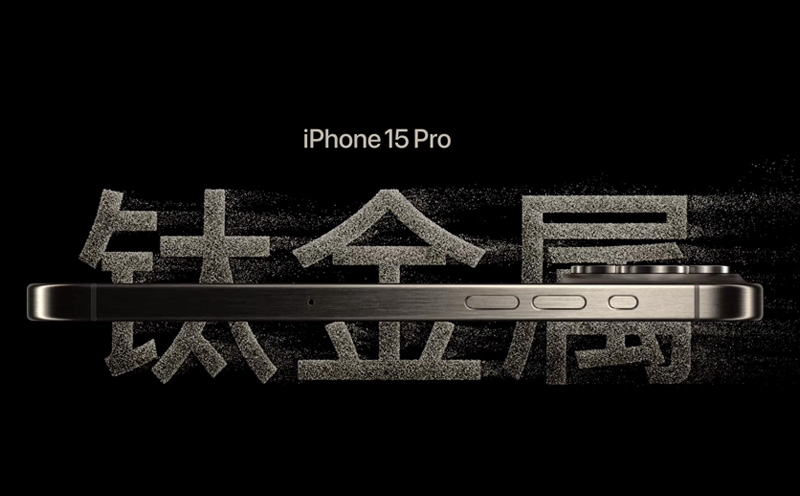 Apple drives Micro LED heat upgrade
Apple drives Micro LED heat upgradeIndustry Information 2023-10-18
The LED industry is ushering in a new era, wi··· -
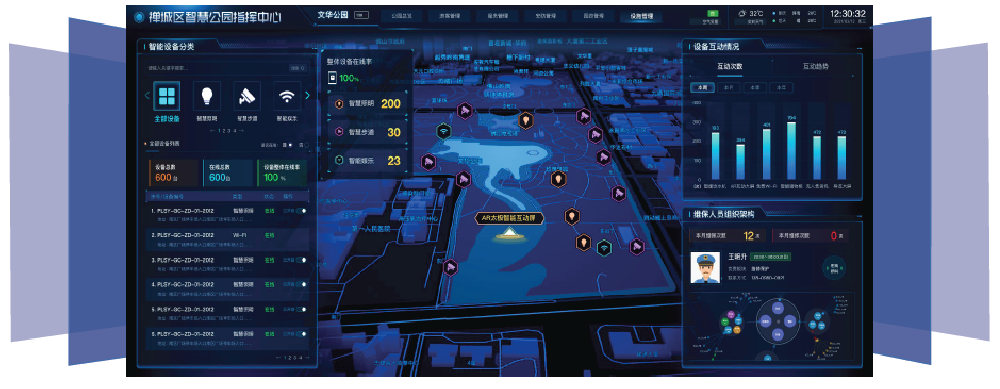 Smart City - The Core Driving Force for Future Urban Development
Smart City - The Core Driving Force for Future Urban DevelopmentIndustry Information 2025-07-10
With the acceleration of global urbanization,··· -
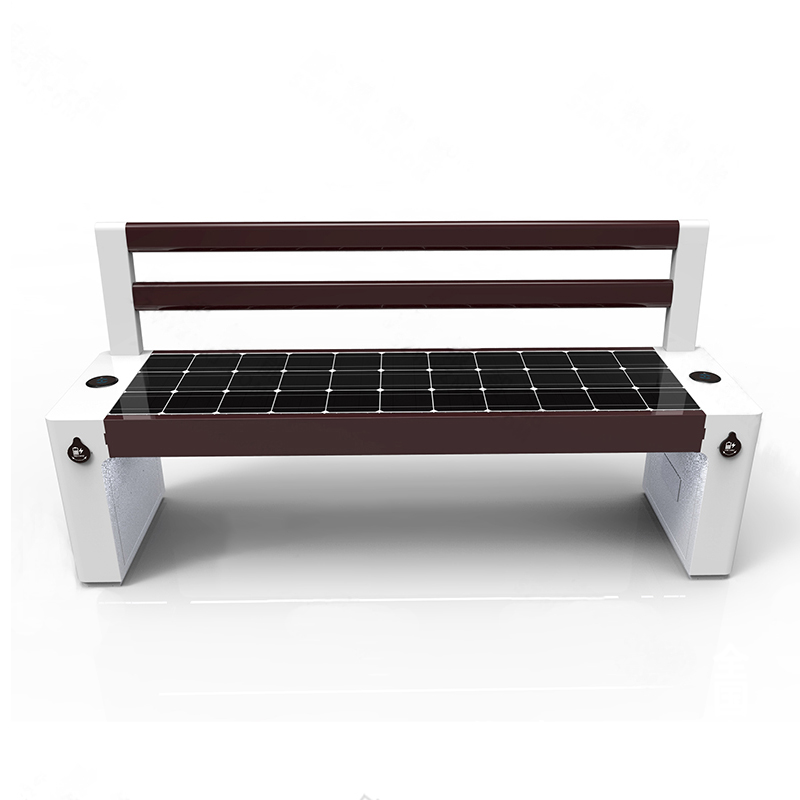 Did you forget to bring your power bank while strolling in the park? This seat can even be charged w
Did you forget to bring your power bank while strolling in the park? This seat can even be charged wIndustry Information 2025-07-14
Are you still worried about the park benches ··· -
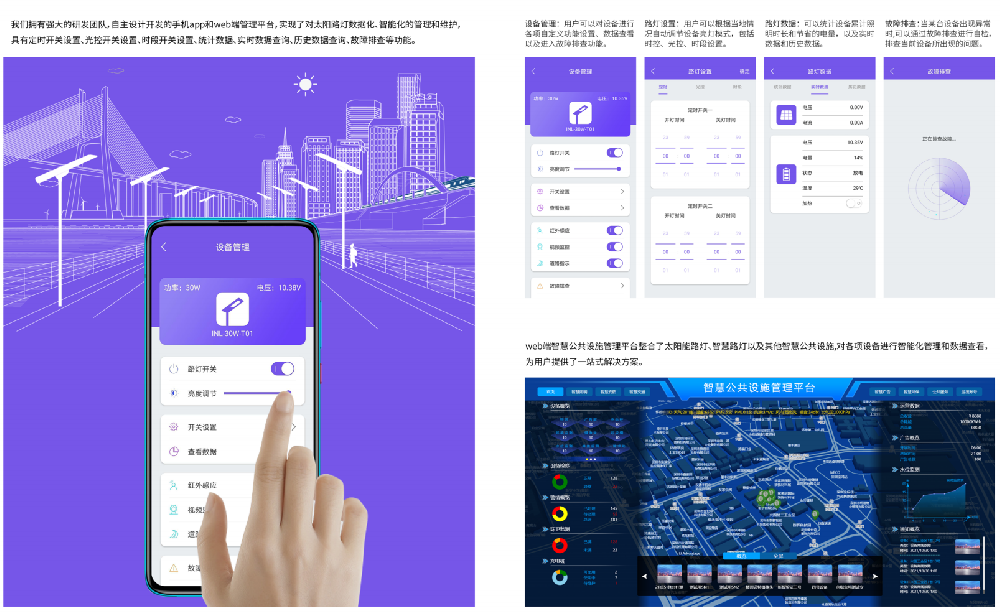 Latest Developments in the Smart City Industry: Technological Innovation and Global Development Tren
Latest Developments in the Smart City Industry: Technological Innovation and Global Development TrenIndustry Information 2025-07-11
In 2024, the smart city industry will usher i··· -
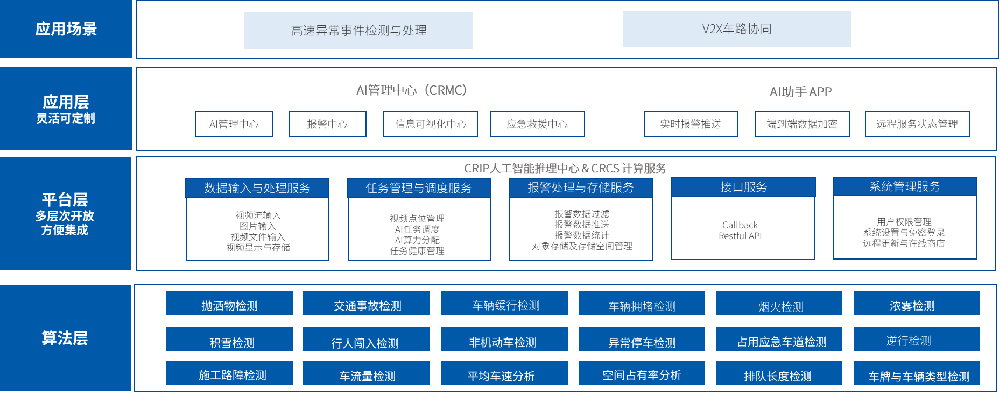 Smart transportation solution: How can AI video analysis technology revolutionize highway safety man
Smart transportation solution: How can AI video analysis technology revolutionize highway safety manIndustry Information 2025-07-11
With the acceleration of urbanization and the··· -
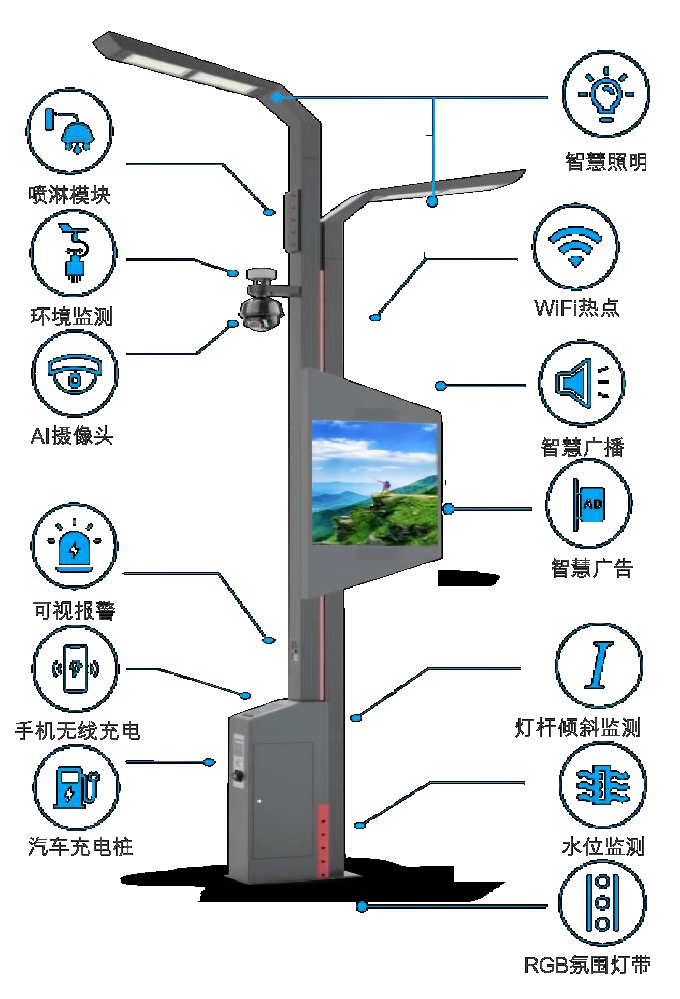 This streetlight pole has contracted the intelligence of the entire street!
This streetlight pole has contracted the intelligence of the entire street!Industry Information 2025-07-14
The 'super evolution' of streetlight ··· -
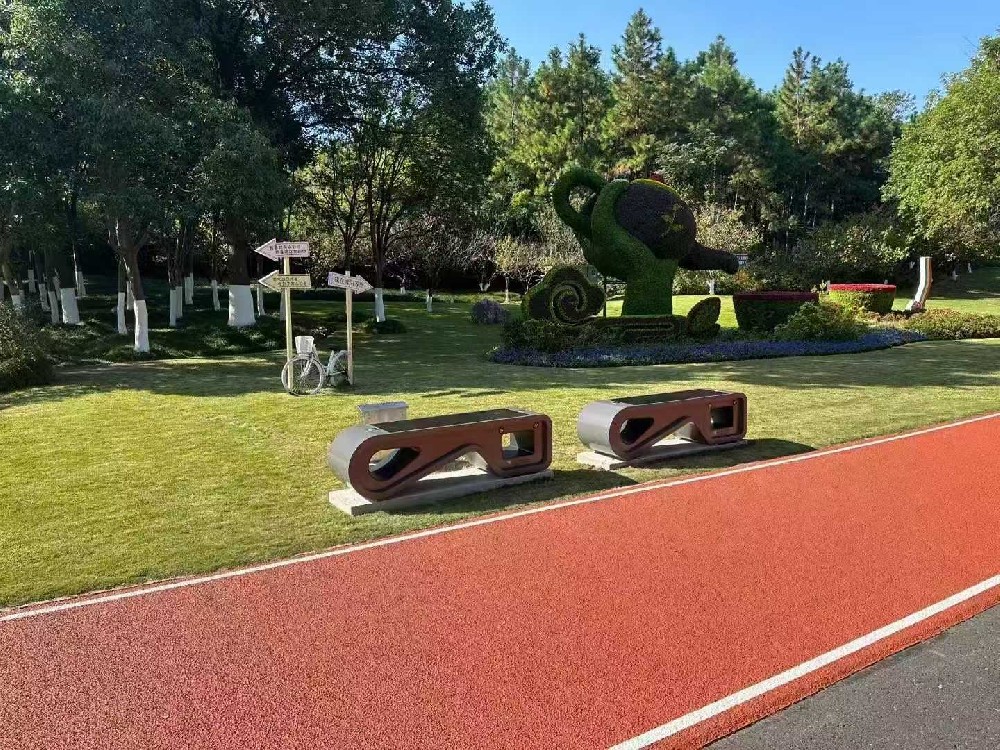 Solar power supply+environmental perception+emergency protection, public seats evolve into urban ser
Solar power supply+environmental perception+emergency protection, public seats evolve into urban serIndustry Information 2025-07-14
A breathing seat! Smart benches are warming u··· -
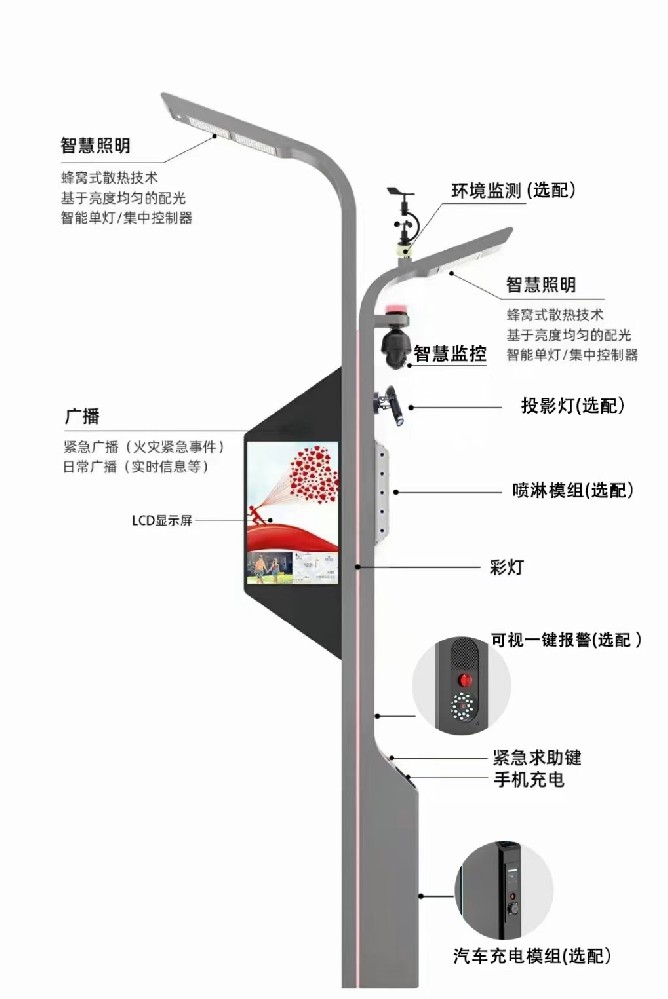 Complete analysis of common problems with smart street lights: one-stop solutions for functionality,
Complete analysis of common problems with smart street lights: one-stop solutions for functionality,Industry Information 2025-07-12
Smart street lights, as the core infrastructu···

